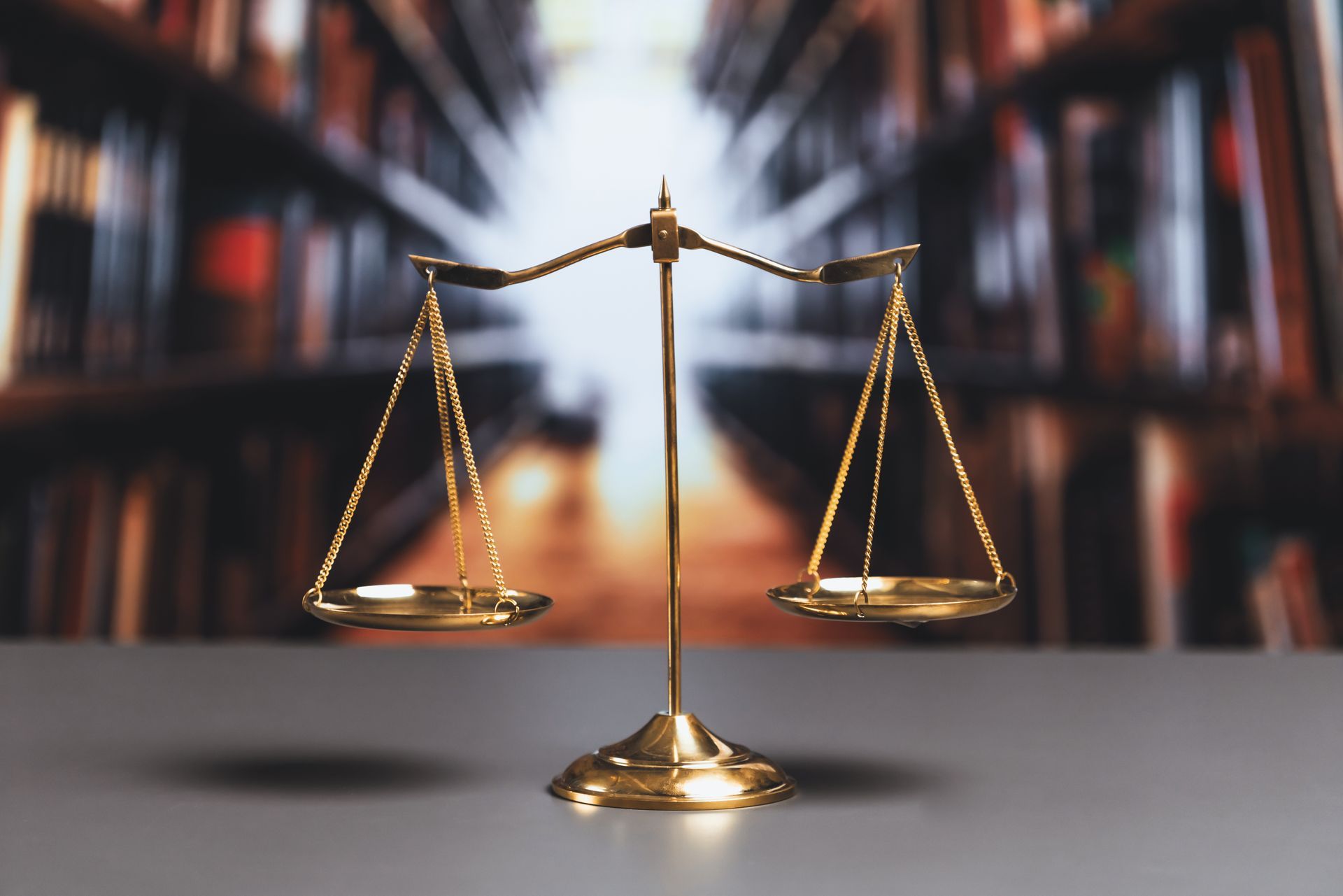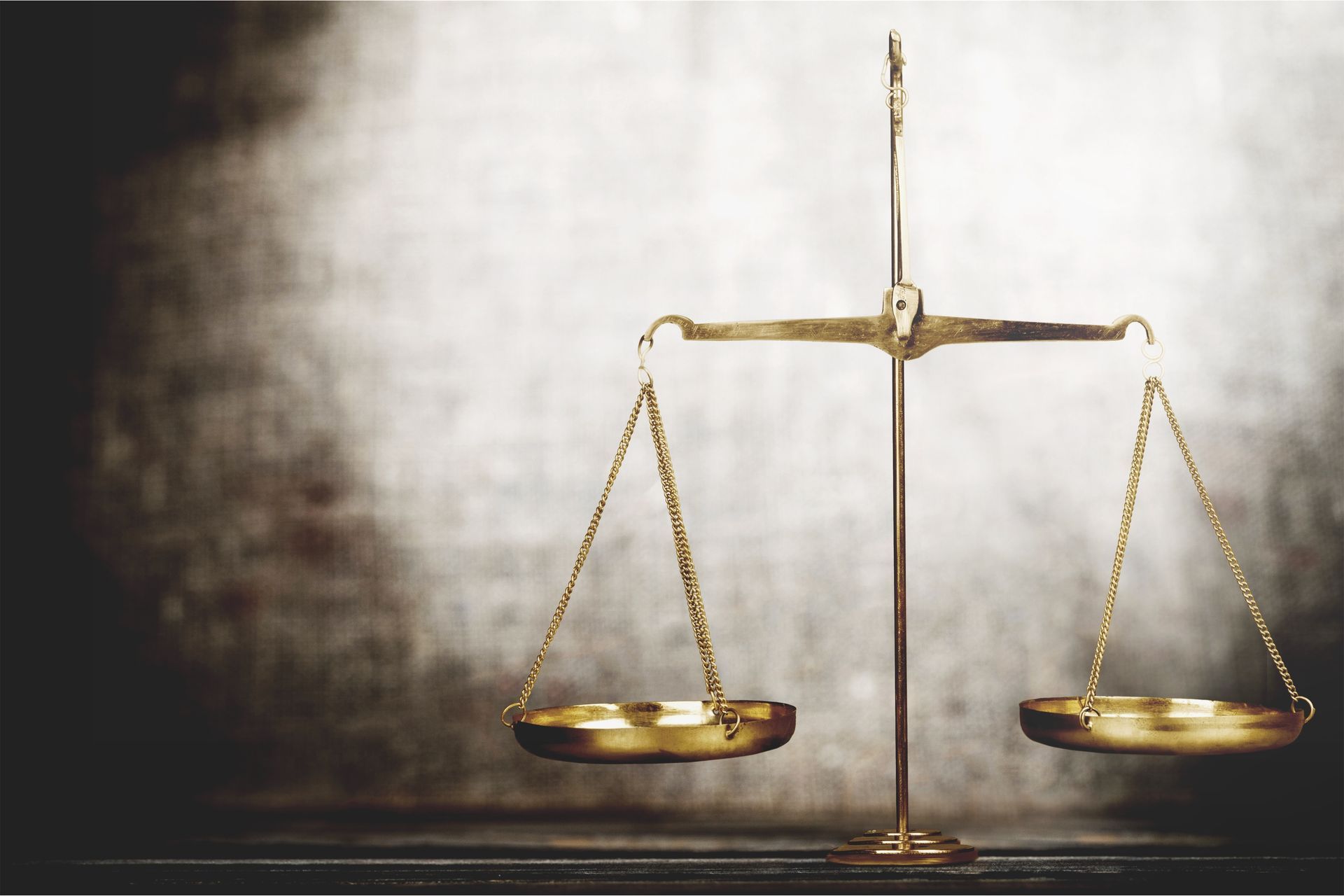Understanding Criminal Intent in California
Understanding Criminal Intent in California
One of the fundamental, underlying principles in criminal law is that people should be punished for crimes they committed. A crime consists of a physical, criminal act (the "actus reus"), and in most cases, the intention of the accused to commit that act (the "mens rea"). The mens rea of a crime, however, may not be what you would intuitively think of as the intention to commit the actus reus. This is what you need to know about the mens rea, or criminal intent, in California criminal law.
Why Do Crimes Have a Mens Rea Component?
Almost everyone would agree that people should only be convicted of a crime if they meant to do it. There is a huge difference in people's minds between an unfortunate accident and a criminal act. An accidental discharge of a weapon is different from someone pointing it at another person and pulling the trigger. It would be unfair if fluke accidents were treated the same as actual crimes — and punished the same way.
General Intent and Specific Intent Offenses
"General intent" can be best described as someone's intention to do something — where that something happens to be a crime. For example, with assault, the criminal intention does not relate to whether the perpetrator wanted to hurt the victim, but whether they intended to apply physical force directly to the victim. Did they make a fist and intend for that fist to impact the other person's face?
"Specific intent" means that not only must the perpetrator intend to do the action that constitutes the crime, but whether they did so to achieve a specific outcome. For something like shoplifting, for example, simply picking up an item and walking out of a store with it isn't enough to establish the specific criminal intent that needs to be proved to make out that offense. People forget things. Sometimes they don't realize there is something else in the cart when they get to the cashier. Maybe they give their kid a toy to play with as a distraction, but when they go to pay, it completely slips their mind.
When it comes to criminal law, it is pretty easy to distinguish between general and specific intent offenses. If the section of the legislation or code just lists physical actions that constitute a crime, it is most likely a general intent offense. If, however, the section also describes a particular mindset an accused must have to be charged under that section, it is a specific intent offense. Words and phrases such as "purposefully", "intentionally", "willfully", "knowingly" or "with the intent to" often indicate that it is a specific intent offense.
The Different Kinds of Criminal Intent
The mens rea of most criminal offenses usually falls into one of four categories.
Intent
The accused consciously wants to commit the act. For example, they target a particular person and commit an assault upon this person with the desire to inflict pain or harm. Intent attracts the highest penalties in law.
Knowledge
The accused knows that doing certain actions will lead to certain outcomes but doesn't appear to care. For example, they know that they don't have enough money in the bank to cover a check they are writing but do so anyway. Knowledge is treated less seriously than intent, but more so than recklessness.
Recklessness
The accused has a conscious disregard as to what consequences will result from their actions. For example, in the midst of a bar fight, the accused picks up and swings a bottle around even though it may cause injury to others. Recklessness attracts less punishment than knowledge but more than negligence.
Negligence
The accused participates in dangerous activities for which they should exercise caution. For example, the accused needs to get rid of hazardous waste, but instead of following protocol, dumps it in a vacant residential lot. Negligence attracts the least serious punishment of the four levels of culpability.
Evidence of Criminal Intent
If someone has been charged with a criminal offense and the matter is to be tried, it is the prosecutor's job to prove all the elements of the offense — including the level of criminal intent. They may call witnesses who heard the accused say certain things that support the idea that they meant the harm they ended up causing. Sometimes the circumstances of the offense itself allow the judge or jury to infer criminal intent. Perhaps surveillance evidence is played in court and it shows the accused picking up tools or weapons they used to commit the crime.
Although the defense is never obligated to call evidence, there are many times when they should — to rebut inferences the prosecutor is trying to set up. The accused can call their own witnesses who are familiar with their mental state at particular times. They may want to provide the court with an alternate reason they bought certain items or collected certain things. Sometimes, psychologists/psychiatrists may be called to provide evidence about an accused's mental state, capacity, and/or inability to form a certain level of criminal intent. The accused may choose to take the stand and explain that they had been working toward a different outcome or that the intent was no longer there at the time the offense was committed.
Why You Should Seek Legal Advice If Charged with a General or Specific Intent Crime
Criminal charges should be treated very seriously. The stakes — liberty, security, mobility — can be very high, and criminal law can be quite technical when it comes to elements of offenses. A seasoned criminal lawyer will know what the prosecution must prove, how strong the evidence is against the accused, and the best strategies for countering the prosecutor's case. Even though the wording of an offense may seem straightforward, criminal law doesn't always make sense intuitively.
A trial isn't the only time a criminal lawyer can provide crucial assistance. There are a number of steps prior to the actual trial. The criminal lawyer may be able to convince the prosecutor that an accused did not or could not have the prerequisite criminal intent, so charges should be dropped — or at least negotiate a better sentence offer from the prosecution. If you are charged with a criminal offense, seek legal advice as soon as practicable.










